 Shutterstock
Shutterstock
Not all dogs are content with a casual stroll and a nap on the couch. Certain breeds were born to have jobs—and they’ll happily remind you of it every chance they get. These working dogs thrive on structure, tasks, and mental stimulation. Whether herding sheep, assisting police, fetching items, or learning complicated tricks, these brainy pups don’t just enjoy work—they need it. If you don’t give them a job, they’ll invent one (like reorganizing your shoes or digging a moat around the backyard).
Border Collie
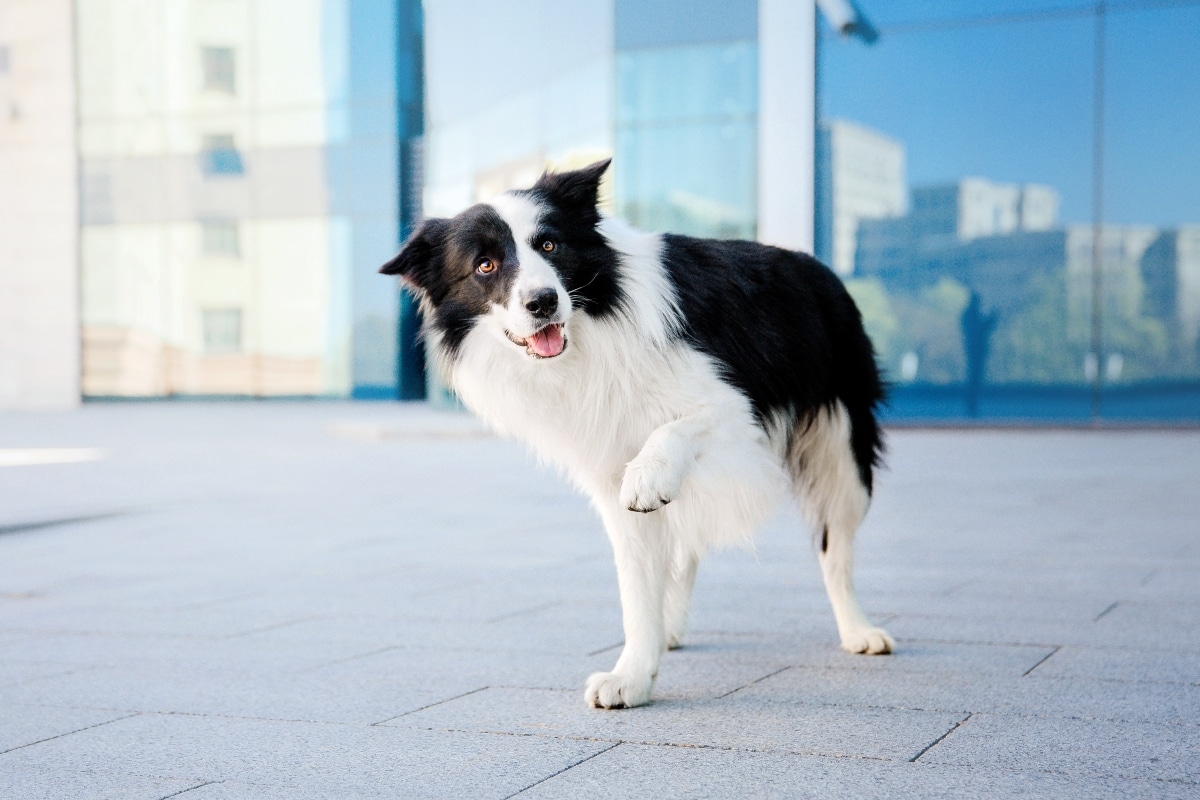 Shutterstock
Shutterstock
Border Collies are widely considered the most intelligent dog breed, and they’ve got the resume to back it up. Originally bred for herding livestock, Border Collies thrive when given a task, whether it’s navigating agility courses, mastering advanced tricks, or keeping your kids from wandering too far at the park. They’re lightning-fast learners with an impressive attention span and a need to stay busy. A bored Border Collie is a mischievous Border Collie—so don’t be surprised if they start herding your Roomba or alphabetizing your sock drawer when left idle.
German Shepherd
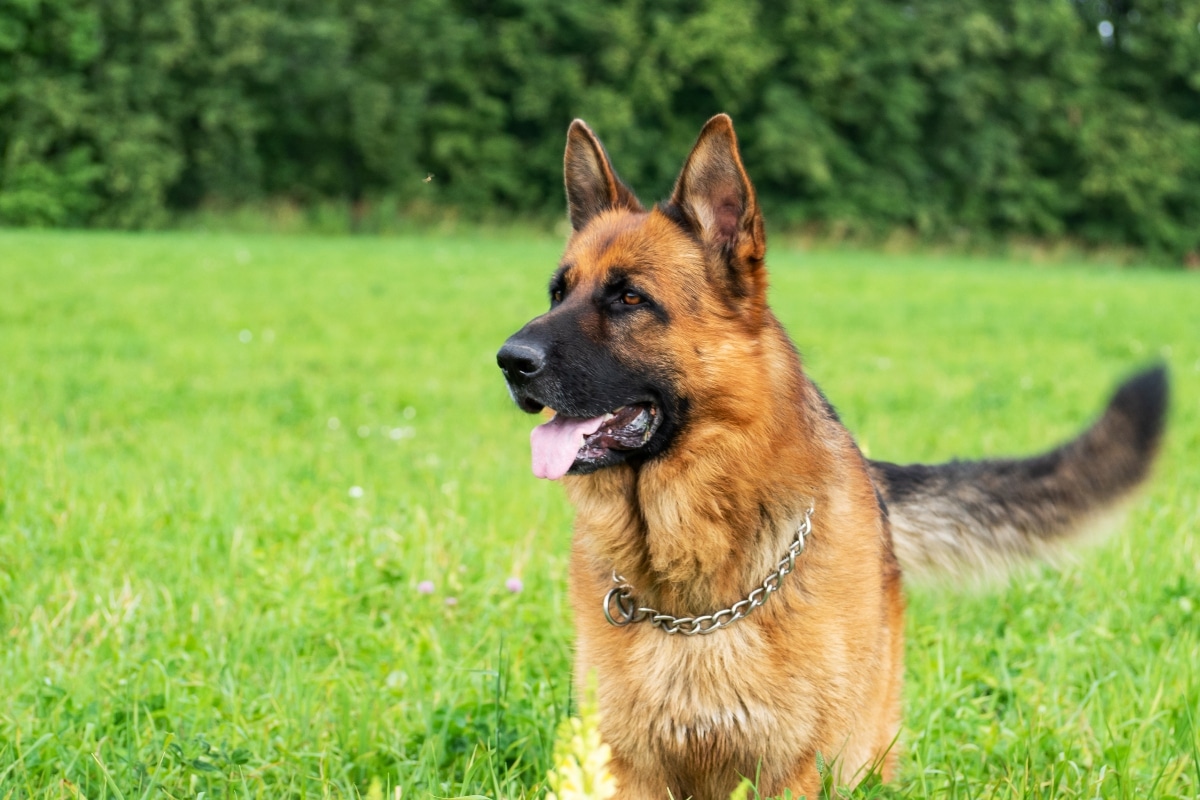 Shutterstock
Shutterstock
German Shepherd is the total package: intelligent, loyal, and hardworking. They’re often employed in police work, military service, and search-and-rescue missions because they can quickly learn complex commands and apply them under pressure. German Shepherds crave structured tasks and purposeful activity, making them ideal for owners who can offer mental and physical challenges. Their natural protective instincts pair well with their trainability, making them dependable partners in everything from security work to therapy dog roles.
Belgian Malinois
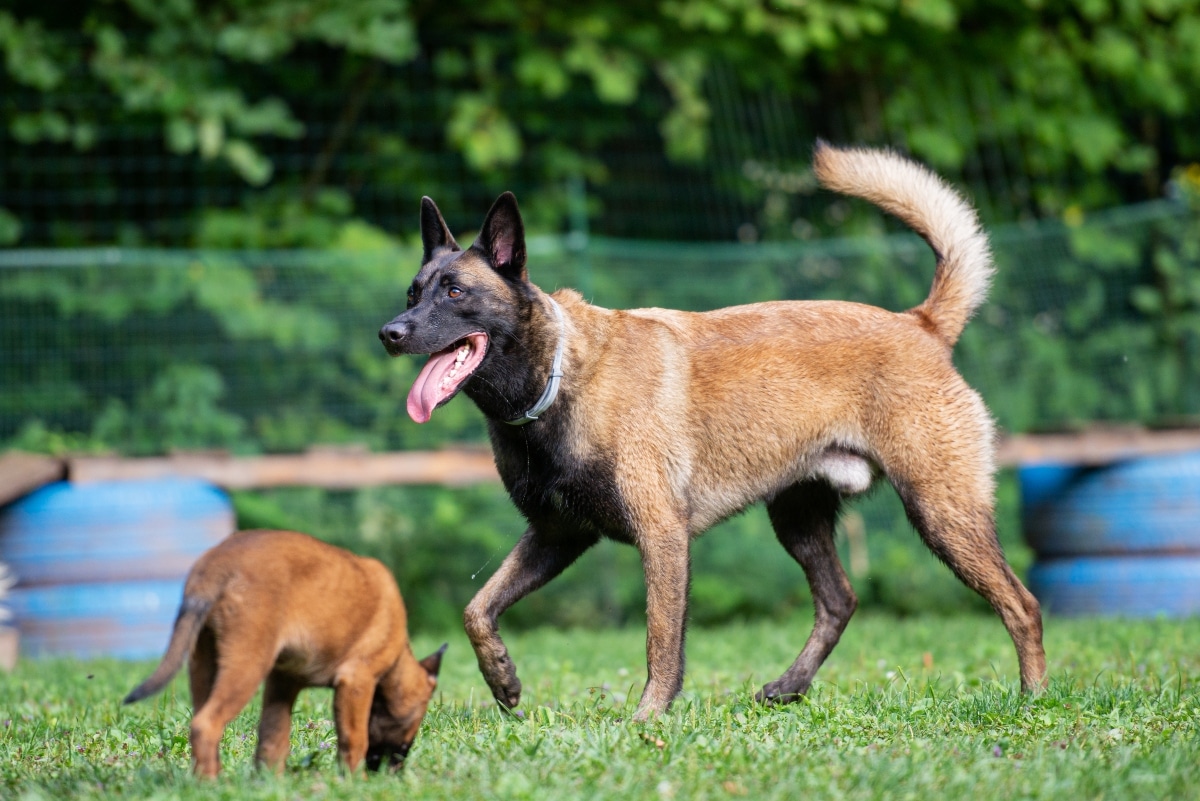 Shutterstock
Shutterstock
If the Border Collie is the academic overachiever, the Belgian Malinois is the elite athlete who also gets straight A’s. Known for their work in military and police units around the world, Malinois are intensely focused, agile, and always on high alert. These dogs need a job like caffeine needs coffee—without it, chaos may ensue. They respond exceptionally well to obedience training and can handle incredibly complex commands with ease. Just don’t try to outwork them—they’ll always be two steps ahead and already planning tomorrow’s schedule.
Australian Shepherd
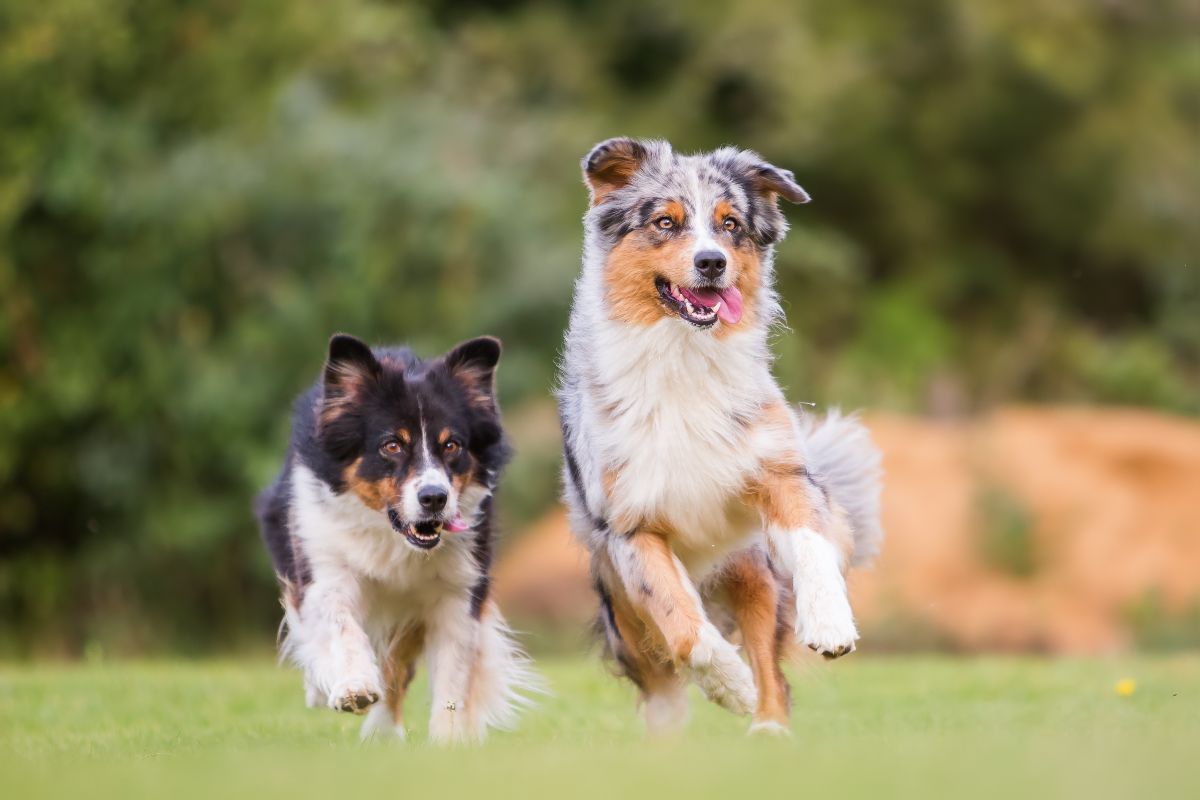 Shutterstock
Shutterstock
Australian Shepherds are energetic, highly intelligent, and happiest when they’re on the clock—whether that means rounding up cattle, crushing an agility course, or bossing around the family cat. These dogs love to work and need an outlet for their endless energy and curiosity. Aussies excel in everything from herding trials to competitive obedience, and they’re notorious for picking up tricks with lightning speed. Their expressive eyes seem to say, “Give me a job already!” If you don’t, they’ll find one—usually involving controlling anything that moves.
Labrador Retriever
 Shutterstock
Shutterstock
Labs are more than just goofy, friendly companions—they’re smart, motivated, and incredibly versatile workers. Whether it’s serving as guide dogs, search-and-rescue heroes, or hunting partners, Labs shine in roles that require both brainpower and heart. Their eagerness to please makes them a joy to train, and they often excel in advanced obedience and scent detection work. Labs are particularly well-suited for service and therapy roles because they’re patient, reliable, and just the right amount of goofy. Give them a job, and they’ll give you 110%—plus a slobbery high five.
Doberman Pinscher
 Shutterstock
Shutterstock
Dobermans are sleek, serious, and built for business. Originally developed as guard dogs, these intelligent canines are known for their loyalty, protectiveness, and work ethic. They excel in personal protection work, competitive obedience, and search-and-rescue missions. Dobermans are fast learners and thrive on consistent training and clear communication. They love having a purpose, and their laser focus means they’re less likely to be distracted by squirrels—unless the squirrel looks suspicious.
Poodle
 Shutterstock
Shutterstock
Yes, beneath that fluffy, sometimes hilariously styled coat is a brainiac with a passion for problem-solving. Poodles (especially the standard size) are highly intelligent and excel in various working roles, including service work, agility, and even water retrieval. They love learning new tasks and pick up complex commands quickly—sometimes too quickly for their own good. Poodles combine smarts with a dash of sass, making them both fun and highly capable working companions. They’ll complete your command—and then flash you a look like, “That’s it?”
Rottweiler
 Shutterstock
Shutterstock
Rottweilers may look imposing, but these intelligent dogs are loyal, eager learners who enjoy being challenged. Historically used for herding and cart-pulling, Rotties today thrive in roles that demand focus, strength, and quick thinking—like obedience trials, protection sports, and therapy work. They bond deeply with their handlers and are motivated by a strong sense of duty. Give them a clear role, and they’ll stick to it with determination and pride. Bonus: they’re likely to intimidate intruders while helping carry your groceries.
Shetland Sheepdog
 Shutterstock
Shutterstock
Small but mighty, the Shetland Sheepdog is a pocket-sized herder with the brainpower of a much larger dog. These dogs are quick learners who thrive on mental stimulation, excelling in obedience, agility, and trick training. They’re incredibly responsive to training and eager to please, making them perfect for owners who enjoy structured play and regular learning sessions. Shelties are also known for being vocal workers, often narrating their progress with enthusiastic barks. Think of them as your chatty coworker—only fluffier and much more helpful.
The Employee of the Month Has Four Legs (and Probably Your Socks)
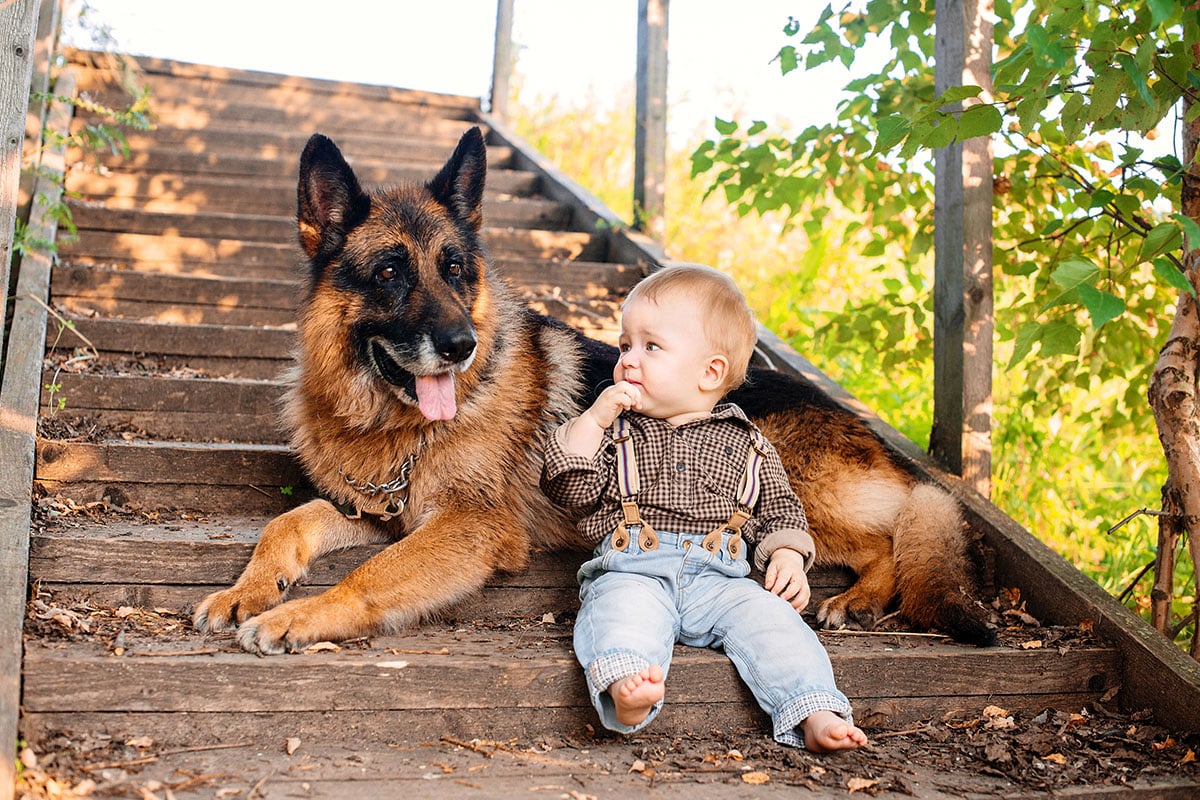 Shutterstock
Shutterstock
These working dog breeds don’t just want jobs—they demand them. Whether they’re herding, guarding, retrieving, or just outsmarting your latest puzzle toy, these pups are all business with a tail. Living with one of these brainy breeds means you’ll always have a coworker who shows up early, never complains (okay, maybe a little barking), and has zero interest in coffee breaks. Just remember: if you don’t assign them a job, they’ll happily invent one, like quality control on your sock drawer.

 4 weeks ago
13
4 weeks ago
13


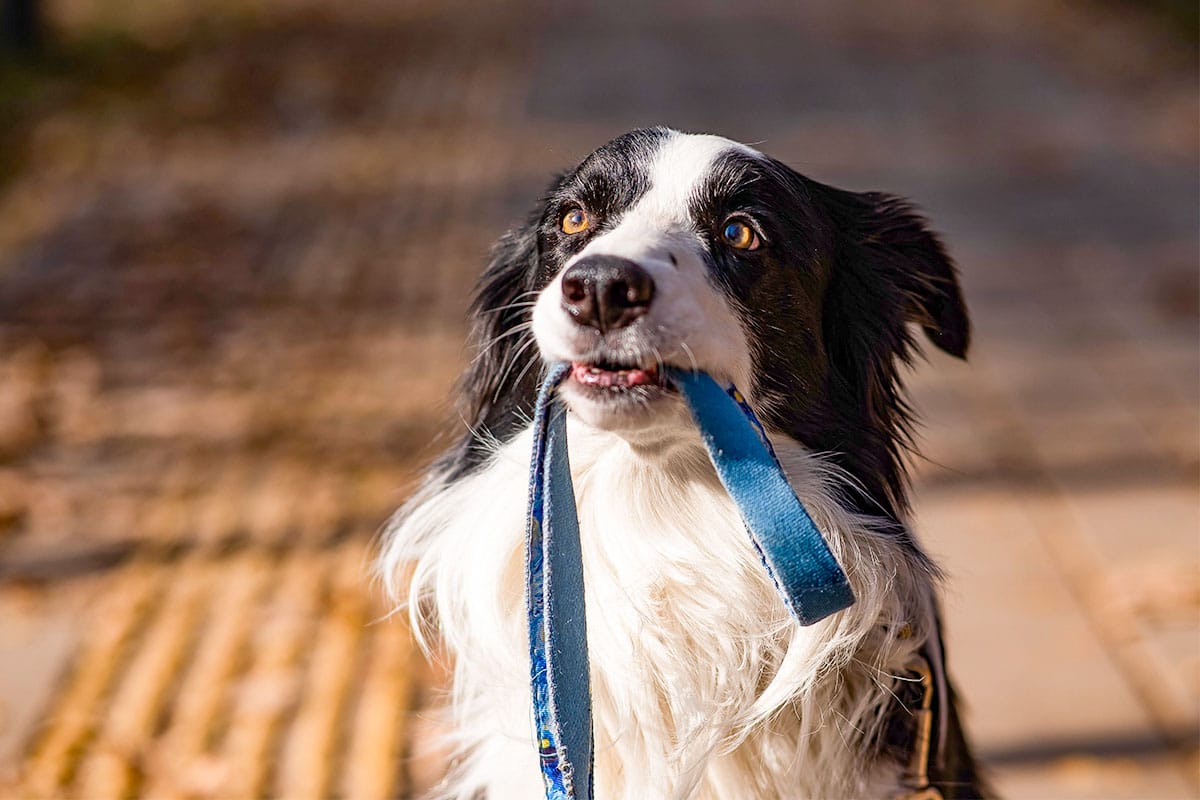




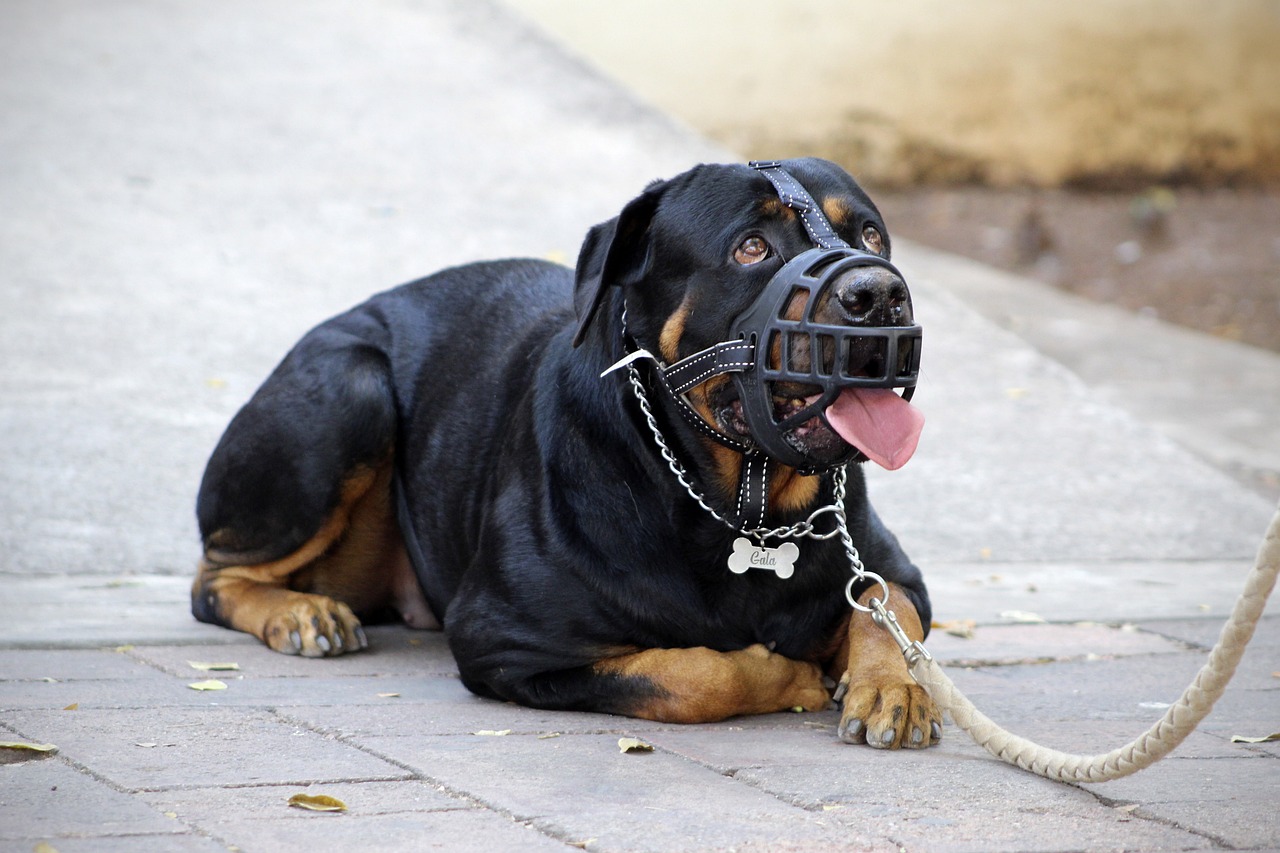


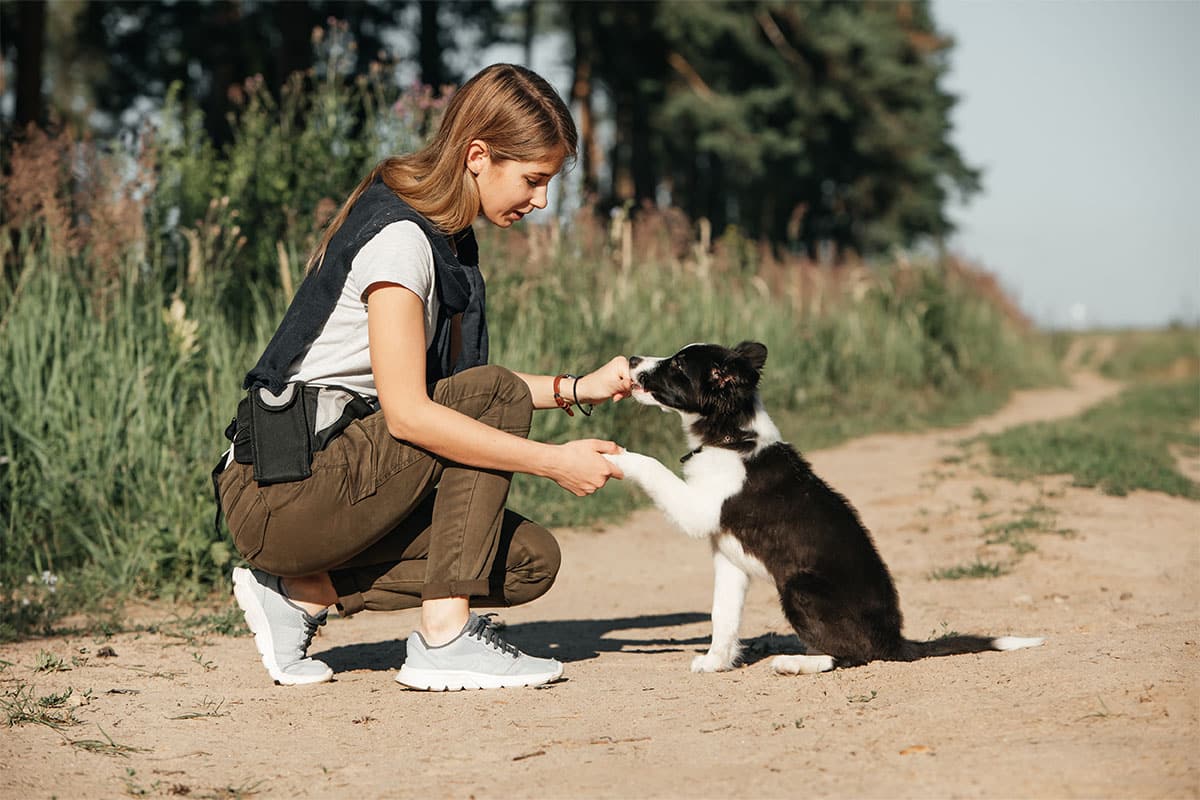


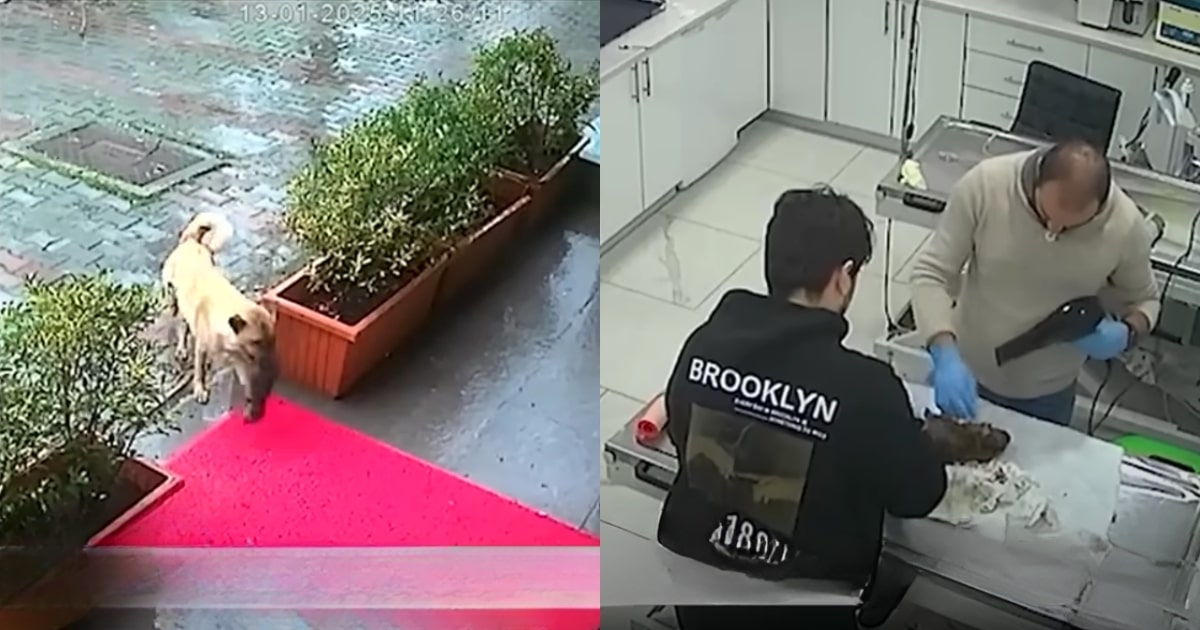

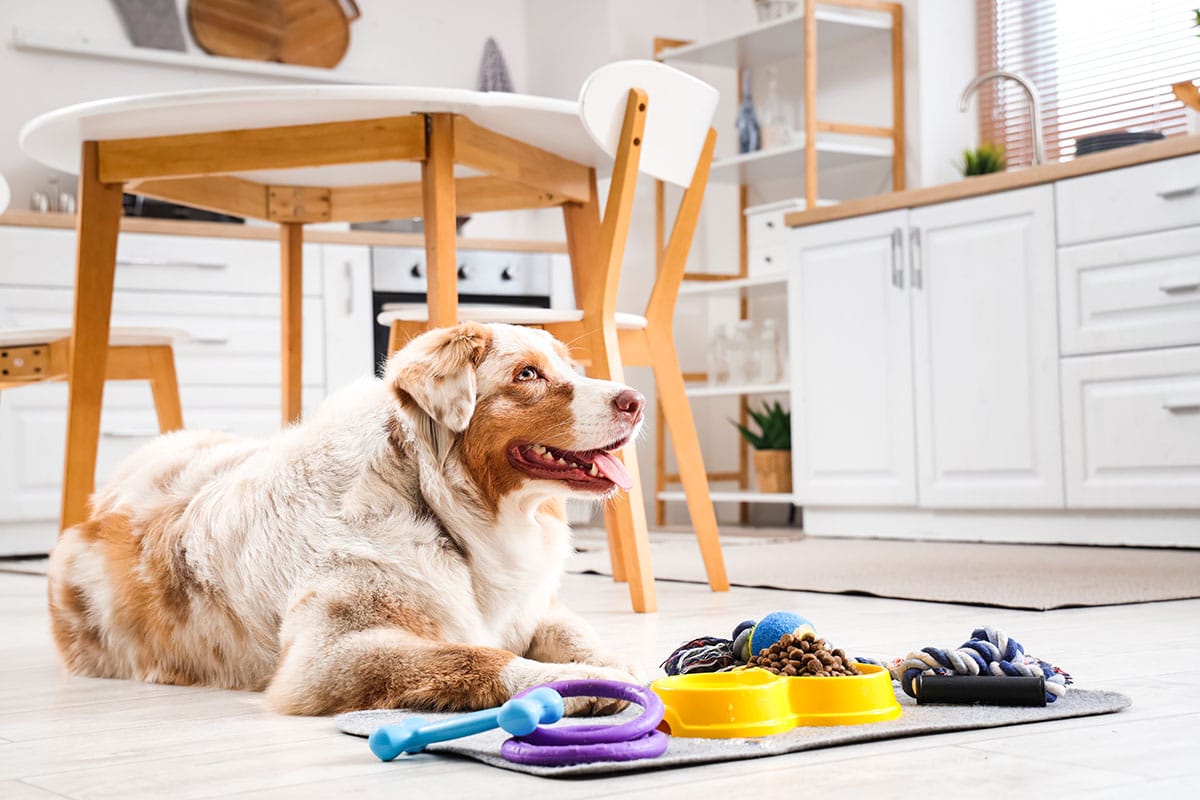


 English (US) ·
English (US) ·